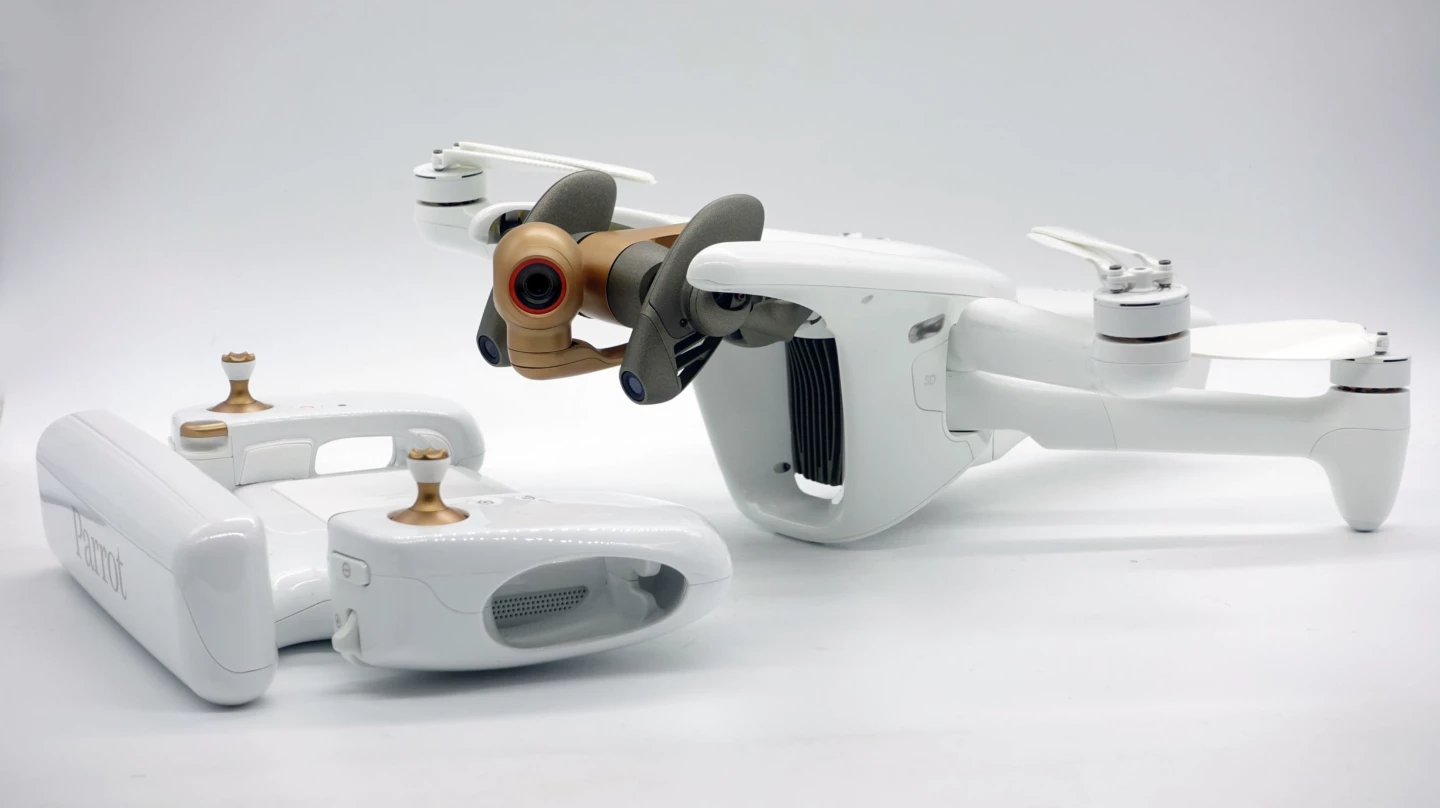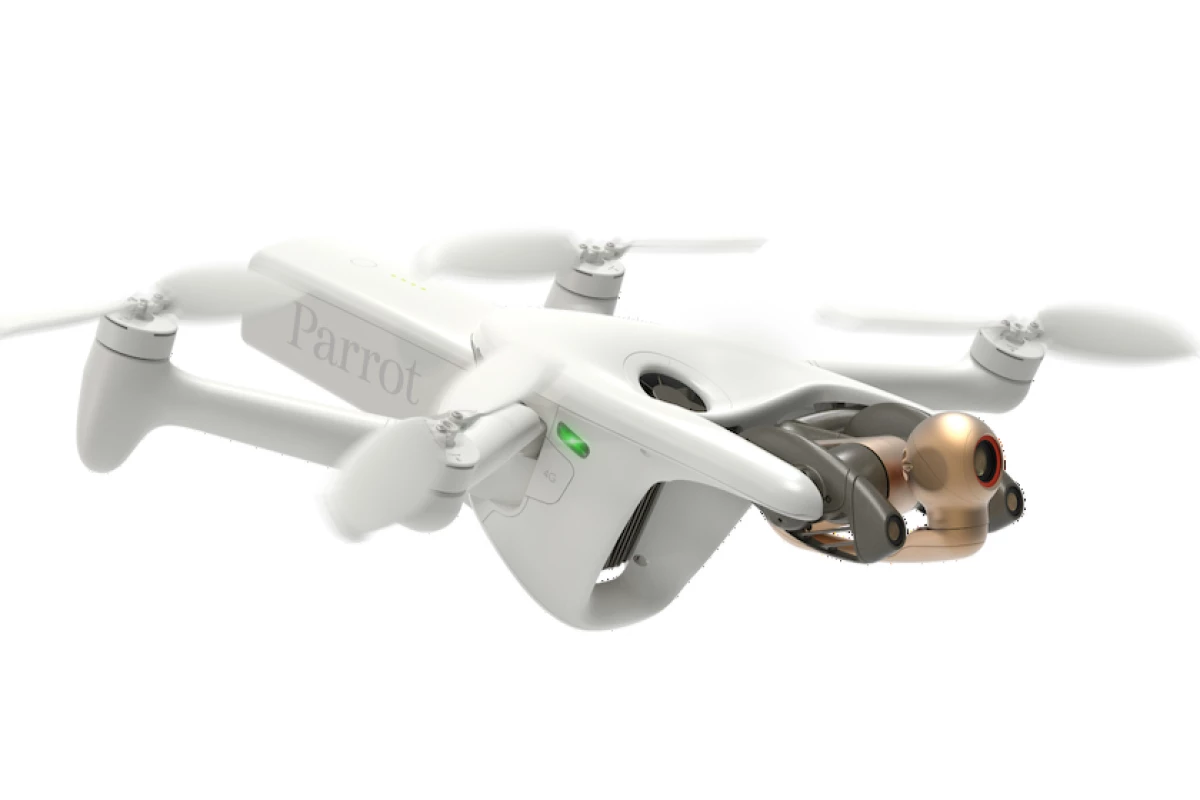For some applications, the wireless communications range of traditional drones just isn't robust enough. That's where Parrot's just-announced ANAFI Ai quadcopter comes in, as it uses 4G cellular data when Wi-Fi doesn't suffice.
In its default mode, the ANAFI Ai communicates with its pilot via Wi-Fi, just like most other compact drones. This keeps things simple, and saves on cellular data fees.
Every 100 milliseconds, however, the copter's microprocessor assesses the quality and capacity of the wireless connection. If it's found to be lacking, the drone automatically switches over to its onboard 4G module. That module is claimed to support 28 frequency bands, covering 98 percent of frequencies used throughout the world.
As a result, it's reportedly possible to operate the quadcopter "at any distance," and when it's not in direct line of sight. Additionally, the 4G connection is encrypted, to thwart any potential wrong-doers.
The ANAFI Ai itself records video at a maximum resolution of 4K/60fps, streams it to the pilot at 1080p/30fps, and shoots 48-megapixel stills – all via a gimbal-stabilized HDR camera with a half-inch CMOS sensor. It's also optimized for photogrammetry, in which 3D models of buildings and landscapes are created from joined individual still images.

The drone can fly autonomously by either following preprogrammed GPS/Glonass/Galileo waypoints, tracking with its subject, or following the user's moving vehicle. It also utilizes a set of gimbal-mounted stereoscopic cameras to automatically detect and avoid obstacles.
One charge of its 3.35-mAh/72-volt lithium-polymer battery is claimed to be good for a maximum flight time of 32 minutes. The aircraft weighs 898 grams (1.98 lb), its arms can be folded back for transit, it has a maximum horizontal speed of 34 mph (55 km/h), and it's IPX3 water-resistant – that means it can withstand being sprayed.
Parrot states that the ANAFI Ai "enterprise drone" will be available sometime in the second half of this year. Pricing should be announced at that time.
It can be seen action – albeit briefly – in the following video.
Source: Parrot





